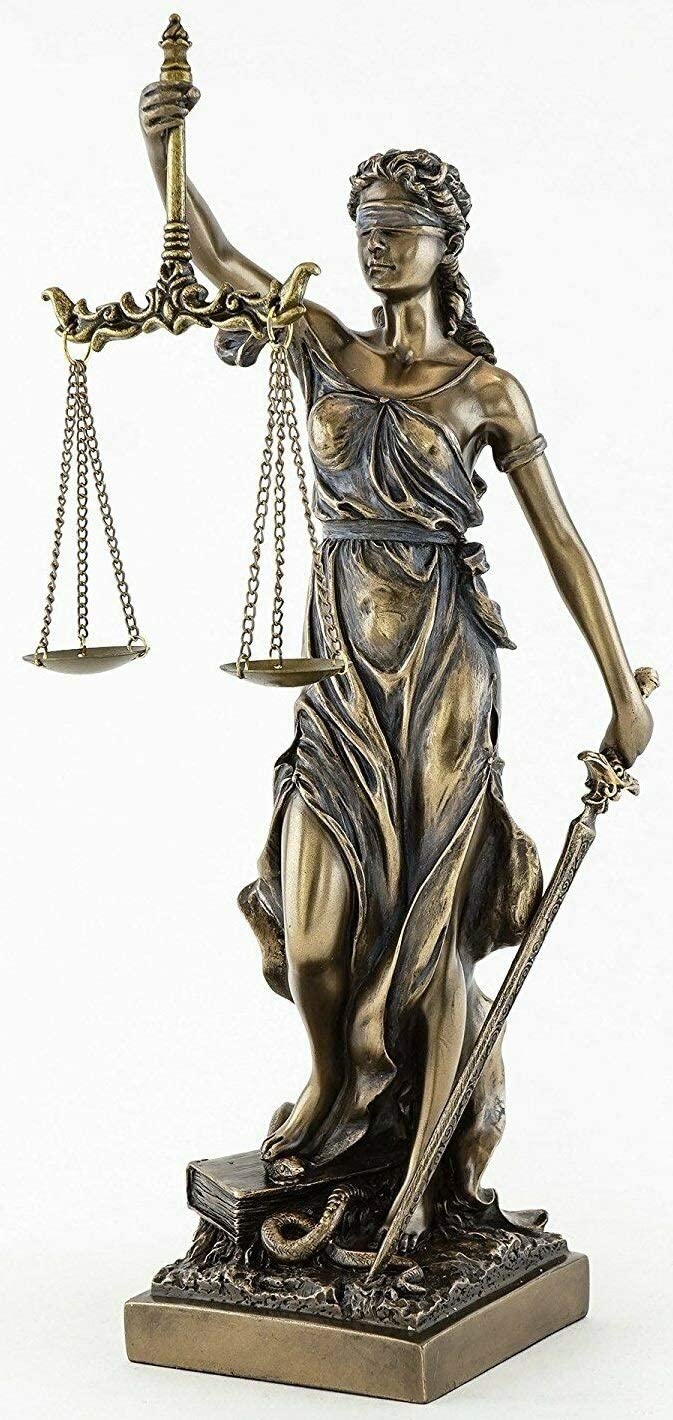This article is written by Moumita Mondal who is pursuing a Certificate Course in Advanced Criminal Litigation & Trial Advocacy from LawSikho.
Table of Contents
Introduction
The trial is conducted against the accused when he pleads not guilty and he can claim for a trial. The mini-trial is different from the long procedural trial that takes place in court against the accused. The mini-trial is the fastest method that delivers the solution without undergoing any trial. This article will discuss the concept, purpose, and the recent verdicts on the mini-trial.
Delving into the deeper details of a mini-trial
What is a mini-trial?
A mini-trial is a form of Alternate Dispute Resolution (ADR). It is opted by the parties instead of opting for the long trials. Generally, the trials conducted in a court are very time-consuming and expensive. Thus, the mini-trial is a convenient way to settle the issue. This is a structured method of resolution where both parties agree not to go for a long process. Instead of opting for the long process of the court, the parties opt for a small procedure which is known as a mini-trial. An advisor is appointed to resolve the issues between the two parties. The mini-trial is different from Arbitration and Mediation. The adviser must be impartial and also it is the responsibility of the parties to pay the fees of the advisor. In this process, the advisor inspects the presentation, and then the matter is settled accordingly. If it is a matter relating to the business, then the matter is resolved by the adviser and the representatives of the company who has been authorized to arrive at a solution.
After observing the presentation, the adviser and the business representatives resolve the issues. The mini-trial is mostly selective over the court litigation. It is because the procedure is very lengthy in court litigation. Even if the issue is not solved, then the parties can approach the advisor acting as a mediator.
How does mini-trial work?
The steps which explain the procedure of the mini-trial are as follows:
- The parties choose their advisers and then provide the details about their issue to him.
- Brief detail about the matter is provided to the adviser who would act neutrally. The details which are shared with the neutral adviser are known as ‘information exchange.’
- Each party prepares the presentation. They also have the right to disprove the facts or create a rebuttal.
- The presentation can also be given by the clinical professional or any person who is an expert in the field of forensic science. They can provide their opinion regarding the issue.
- It is important to note that the advisor should act neutrally as a moderator rather than acting as a judge.
- The lawyers represent their parties. The authority may also have its representatives.
- And, if the issue is not solved, then the parties could reach the mediation center for mediating their issues.
Objectives of a mini-trial
The purpose for which the mini-trial is preferred are:
- Provides an alternate way to the parties where the matters are solved easily without facing any hassles.
- To prevent the delay of the procedure which involves the negotiations or resolving the issues.
- Provides an alternative method to solve the matter without opting for litigation.
- To preserve the amicable relationship between the parties.
Framing of charges stage
If the prima facie arises, then the charges against the accused will be framed in which his release will not be allowed. The court doesn’t need to pass its discretion based only on the facts mentioned in the FIR or the Charge Sheet. The charges are explained to him. then, the accused has a choice to either plead guilty or not guilty. If he pleads guilty, then he will get the punishment for the offense committed by him. If he pleads not guilty, then then the court will conduct the trial.
Can mini-trials be conducted at the stage of framing of charges?
The mini-trials cannot be conducted at the stage of framing of charges. In the State of Rajasthan v. Ashok Kumar Kashyap on 13 April 2021, the charges against the accused were quashed by the High Court of Rajasthan. The charges registered against the accused were under Section 7 of the Prevention of Corruption Act. The High Court of Rajasthan had quashed the charges without inspecting the case whether the prima facie was made out or not. The Supreme Court had already stated that the accused could not be acquitted only based on the defense. It was held that sufficient materials are enough to prove the guilt of the accused. If the prima facie arises from the case, then the court will hold the accused liable for the offence committed by him. The court had ordered the High Court to restore the charges and proceed accordingly against the accused. Therefore, the High Court cannot hold the mini-trial at the stage of framing of charge and the stage of discharge application.
The judge will use his judicial mind when the evidence is placed before him. If the evidence presented by the police officials, proved the allegations against the accused, then the charges will be framed against the accused. And, if there are no sufficient grounds, then he will pass an order to release him.
Case laws
- In P. Vijayan v. State of Kerala,(2010) 2 SCC 398, Vijayan, an 83years old, was a retired IPS officer who was alleged to have committed a fake encounter with a Naxalite member. He filed an appeal before the Supreme Court through Special Leave Petition. Constable Ramachandran Nair had affirmed that Vijayan was present when the fake encounter took place. A question arose whether he should be tried individually or jointly because Nair was no more. Section 30 of the Evidence Act says that two or more persons can be tried jointly if they have committed the offence together. The Supreme Court held that the proceeding should be initiated against him whereas he is allowed to file a suitable petition to make a personal appearance only for his age. Thus, the criminal appeal was rejected by the court.
- In State of Bihar vs Ramesh Singh on 2 August 1997, Smt. Tara Devi died due to burning. After reaching the spot, the brother of the deceased saw that her husband and his brother were simply standing there without taking any steps to extinguish the fire. The Sessions Court had released the husband and brother-in-law of the deceased because there were no grounds that could prove the allegations against them. Then, a revision petition was filed by the deceased’s brother before the Patna High Court but it was unaccepted. Through a Special Leave Application, an appeal was filed before the Supreme Court. The Supreme Court held that the Trial Court and High Court cannot pass the order of acquittal of the accused even if there is a strong suspicion that the offense was committed by the accused. Thus, the court directed the appropriate charges to be booked against them. And, it also directed to initiate the trial against them.
- In Union of India vs. Prafulla Kumar Samal & Anr on 6 November 1978, it was held that the judge is not only responsible to frame the charges. He must judge the matter based on the facts which indicated that the offence was committed by the accused. The court doesn’t need to pass the decision based on the evidence and likelihood. The court needs to look at whether the ingredients comprise the offence or not.
- In Soma Chakravarty vs State Through CBI on 10 May 2007, Soma Chakravarty and her co-accused were booked under Section 420 read with Sections 120-B, 429, 468, and 47I of the Indian Penal Code. They were also alleged under the provisions of the Prevention of Corruption Act. The High Court did not consider the Criminal Revision Petition filed by her. Therefore, she went on to file an appeal through the Special Leave Petition before the Supreme Court. In her defence, she stated that the fake bills were not signed by her intentionally. The court expressed that the charges should be framed against her, as the offences were serious. It had also considered that the decision taken by the High Court and Trial Court was correct.
Conclusion
In the recent judgment, the Supreme Court had held that it is not permissible for the High Court to conduct a mini-trial at the framing of charge stage. At the stage, where the charges are being framed, the accused comes to know about the charges booked against him. The trial in the courts usually takes a lot of time. And, so the mini-trial is preferred by the various courts. It is the responsibility of the court to pass the order by judging the materials presented before them. If the court believes that the accused had committed the offence, then they could not release him. Before passing any order, the judges must review the case carefully.
‘Judge acts like God. He should not make mistakes.’ This quote was given by Allahabad High Court when the Magistrate had issued a summoning order without giving any reason. The Allahabad High Court had also stated that the public won’t get justice if the judges make such mistakes. It means that the judge should act carefully without making any errors. It is because the decisions of the judge are binding on all people. Therefore, the verdict should be given by the judicial authority conscientiously.
References
- https://legal-dictionary.thefreedictionary.com/Minitrial
- http://www.legalservicesindia.com/article/1122/Framing-of-Charge-In-Criminal-Cases.html#:~:text=observed%20as%20infra%3A-,The%20purpose%20of%20framing%20a%20charge%20is%20to%20give%20intimation,of%20this%20Court%20in%20V.C
- https://lawbeat.in/top-stories/mini-trial-not-permissible-stage-framing-charge-supreme-court
Students of Lawsikho courses regularly produce writing assignments and work on practical exercises as a part of their coursework and develop themselves in real-life practical skills.
LawSikho has created a telegram group for exchanging legal knowledge, referrals, and various opportunities. You can click on this link and join:
 Serato DJ Crack 2025Serato DJ PRO Crack
Serato DJ Crack 2025Serato DJ PRO Crack











 Allow notifications
Allow notifications


